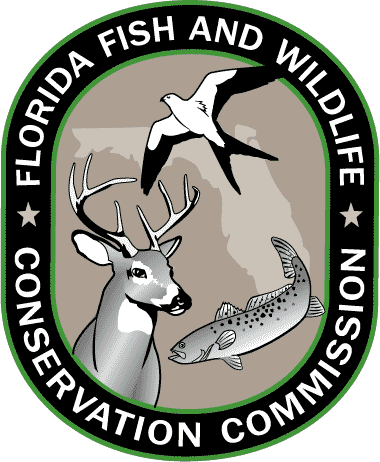Changes to Hunting Areas Occurring in Florida FWC NE Region

Rayonier Inc., and Plum Creek Timber Co. Inc. and co-owner Conservation Forestry LLC, which have allowed public hunting opportunities on their lands through a cooperative program with the Florida Fish and Wildlife Conservation Commission (FWC), will remove two areas from the state wildlife management area (WMA) program at the end of the current hunting season.
Rayonier, which owns Twelve Mile Swamp WMA, and Plum Creek and Conservation Forestry, which jointly own Relay WMA, notified the FWC recently of their decisions to remove the lands from the agency’s Recreational Use Permit program. The two properties are in St. Johns and Flagler counties.
The Recreational Use Permit program is a cooperative effort by the FWC and private property owners to allow public hunting opportunities on privately owned lands. Permit holders pay a fee, set by the property owner and the FWC, to hunt on the land during established hunting dates. The properties typically offered a hunting opportunity that more closely resembled a private lease – fewer hunters and higher fees than on publicly owned lands.
Only 300 permits were available each year for Relay WMA and 125 for the Twelve Swamp WMA. The permits have not sold out for the past two years.
Relay WMA is located on 19,682 acres in Flagler County off State Road 11. Twelve Mile Swamp WMA is on 9,460 acres in St. Johns County, about 10 miles north of St. Augustine, north of Nine Mile Road between U.S. 1 and Interstate 95.
This hunting season, each area provided permit holders 30 days of archery, nine days of muzzleloading gun, 58 days of general gun, 63 days of small game, two days of youth turkey and 37 days of spring turkey. In addition, Twelve Mile Swamp had a 61-day trapping season; trapping was prohibited on Relay.
“We will certainly miss having these areas open to public hunting,” said Jen Williams, the FWC’s public-hunting-area biologist for the Northeast Region. “But understand that the private landowners need to do what’s best for their business.”
Fort McCoy (an 8,730-acre WMA in Marion County near the town of Fort McCoy), another Recreational Use Permit area, was also removed from the wildlife management area system effective for the 2011-12 hunting season.
However, several new public hunting areas have opened within the past five years, including Kissimmee Chain of Lakes Area, Lake Monroe WMA, Marshall Swamp WMA, Charles H. Bronson WMA and Fellsmere Area 1 Public Small Game Hunting Area, totaling an addition of 46,404 acres. Furthermore, 10 other existing WMAs received additional acreage in the past five years, totaling 31,468 acres. Hunting is currently allowed on approximately 1,035,000 acres of public land in the FWC’s Northeast Region.
For information regarding the future of property currently in Relay WMA, contact Plum Creek’s Hunter Hotline, 855-2HUNTPC, or Conservation Forestry’s Mike Calder, 386-518-6344. For information about Twelve Mile Swamp WMA, contact Rayonier at 855-729-4868.
For information about the wildlife management area system, contact the Northeast Regional office, FWC, 352-732-1225.

